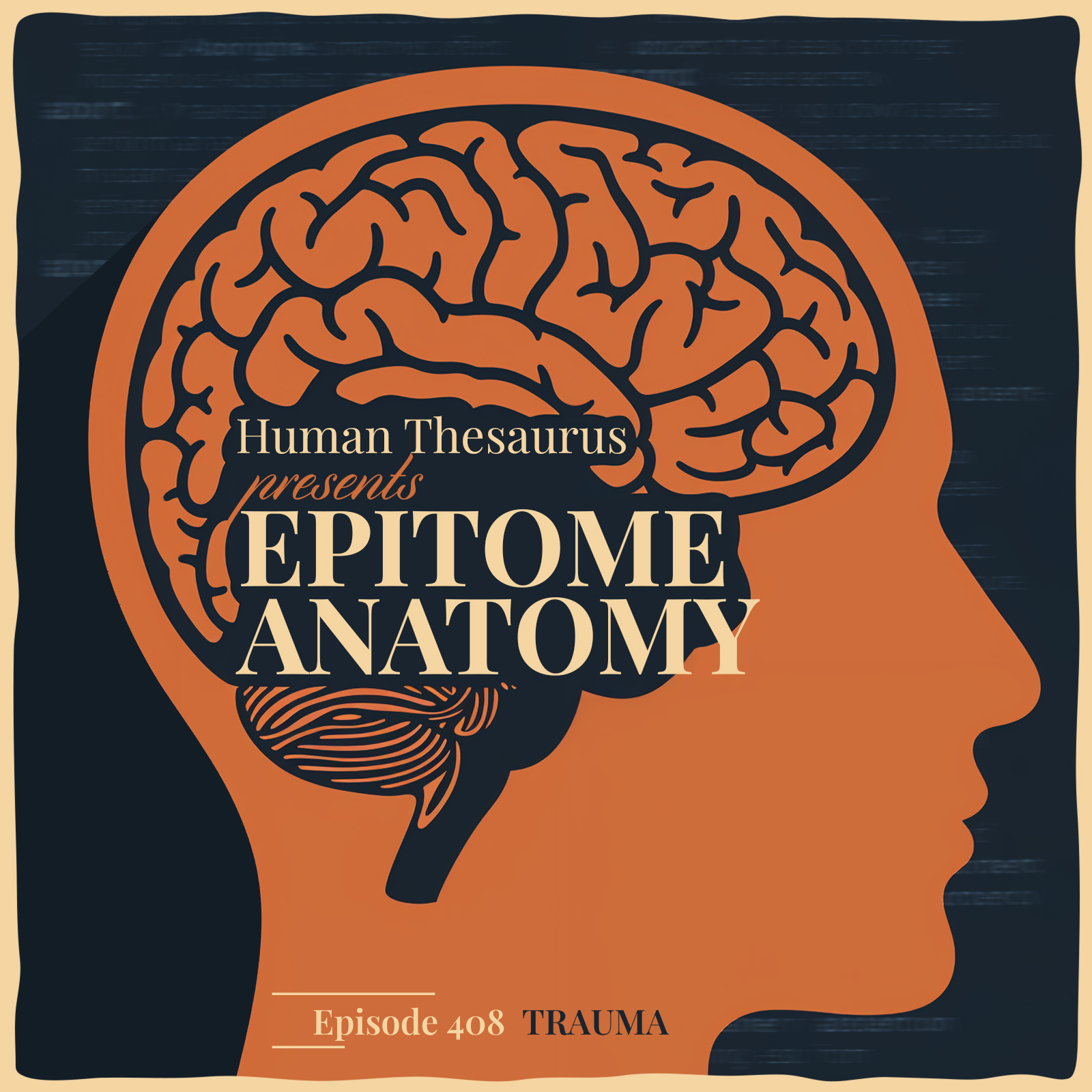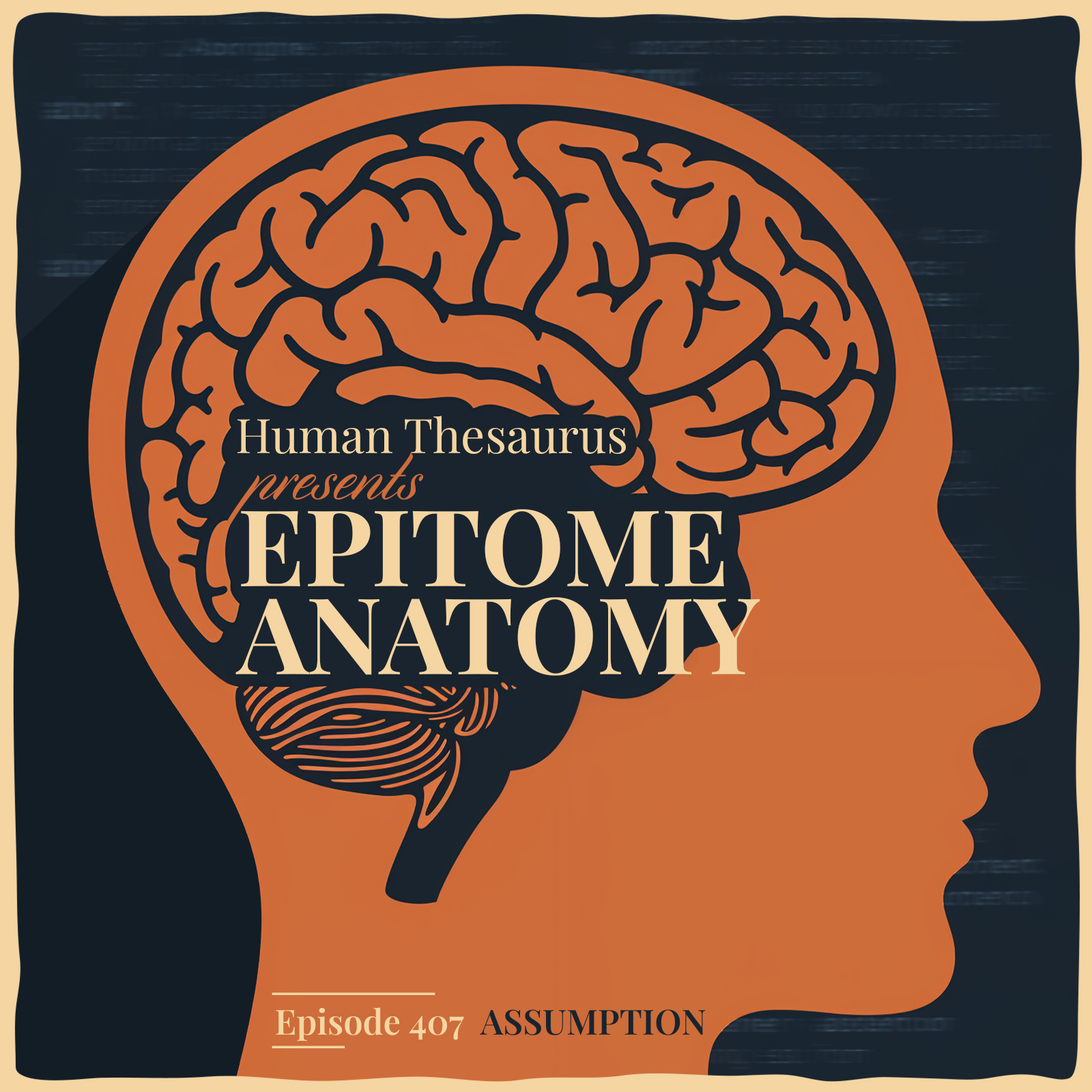Episodes
Show Notes & Transcripts

Epitome Anatomy: RENOVATION OF GRIEF AND VICTORY
Wish gives a pep talk about the distorted beauty standards of the present. From the absurdity of Hollywood's narrow, unrealistic beauty standards to the pressures of social media perfection, Wish dishes out the real talk on embracing your unique self. With a mix of humour and heart, she urges you to ditch the filters and flaunt your true beauty. Tune in for a refreshing take on what it means to be unbothered in a world obsessed with appearances!

Epitome Anatomy: RENOVATION OF GRIEF AND VICTORY
In this lively episode, Wish takes us on a reflective journey through the whirlwind of 2025. With themes of grief, victory, and renewal, Wish shares personal stories of renovation and resilience, reminding us that life is a series of renovations—both literal and metaphorical. As we bid farewell to the year, Wish encourages us to embrace change, find joy in the chaos, and look forward to the adventures of 2026. So grab your metaphorical toolbelt and get ready to renovate your soul with a dash of humour and a sprinkle of hope!

Epitome Anatomy: BEAUTY
Wish gives a pep talk about the distorted beauty standards of the present. From the absurdity of Hollywood's narrow, unrealistic beauty standards to the pressures of social media perfection, Wish dishes out the real talk on embracing your unique self. With a mix of humour and heart, she urges you to ditch the filters and flaunt your true beauty. Tune in for a refreshing take on what it means to be unbothered in a world obsessed with appearances!

Epitome Anatomy: NARRATIVE
Let's actively dissect the concept of "Narrative" and its decisive role in shaping our perceptions and beliefs online, which translates to our daily lives. Host Wish Peacocke reveals how narratives influence our understanding of reality, often driven by the stories we consume online. Listeners are challenged to critically evaluate the narratives they encounter, urging them to balance scepticism with open-mindedness. By curating our digital experiences and questioning the stories we accept, we can navigate today's complex information landscape more effectively.

Epitome Anatomy: IRL
Wish probes (and rants) into the concept of "In Real Life" (IRL) and the challenges of navigating a world increasingly dominated by digital interactions. Let's explore how our online personas often overshadow our real-world experiences, leading to a disconnect from reality, through Wish's personal reflections and cultural observations. This episode also invites listeners to reflect on their own balance between online and offline life, from the pressures of social media validation to the dangers of overconsumption and the loss of genuine human connection. Tune in to discover how embracing the present moment can lead to a more fulfilling and authentic existence.

Epitome Anatomy: VERBAL FINGERPRINT
Wish just had a realisation about the concept of 'verbal tics'—the unique linguistic patterns that define how individuals express themselves. She discusses how our choice of words and language reflects our personalities and how these verbal fingerprints can create a recognisable identity. Through personal anecdotes, she illustrates the connection between language and self-expression, emphasising the importance of understanding our unique diction in relation to others.

Epitome Anatomy: Bitch
Wish explores the multifaceted nature of the word 'bitch,' sharing personal anecdotes and societal observations. The conversation delves into the evolution of the term, its implications across various contexts, and a recent encounter at a drugstore that highlights human behaviour in hot-mess situations. Wish emphasises the importance of compassion and assertiveness, urging listeners to reflect on their own use of language and behaviour towards others.

Epitome Anatomy: TRAUMA
Wish explores the concept of trauma, its definitions, and the implications of its overuse in modern society. There is an emphasis on the importance of distinguishing between genuine trauma and everyday life challenges, advocating for a more nuanced understanding of emotional experiences. This discussion highlights the need for sensitivity towards those who have experienced real trauma while also addressing the societal tendency to label minor inconveniences as traumatic. This conversation ultimately calls for a reevaluation of language and its impact on the internalised message of what is considered the norm today, which Wish finds somewhat disillusioning.

Epitome Anatomy: ASSUMPTION
Wish Peacocke explores the concept of assumptions, discussing how they shape our perceptions and interactions in daily life. Through personal anecdotes and reflections, she highlights the dual nature of assumptions—whether they are positive or negative—and emphasises the importance of self-awareness and empathy in navigating our judgments of others. The discussion encourages listeners to reflect on their own assumptions and the impact they have on their relationships and mental well-being.

Epitome Anatomy: VICTIMHOOD
Your host, Wish, delves into the complexities of victimhood, exploring how it manifests in relationships and the impact of entitlement on personal connections. He shares personal anecdotes and insights on the importance of accountability, the cycle of generosity, and the heartache that comes from helping those who refuse to take responsibility for their actions. The conversation encourages listeners to reflect on their experiences with victim mentality and the importance of maintaining healthy boundaries.
